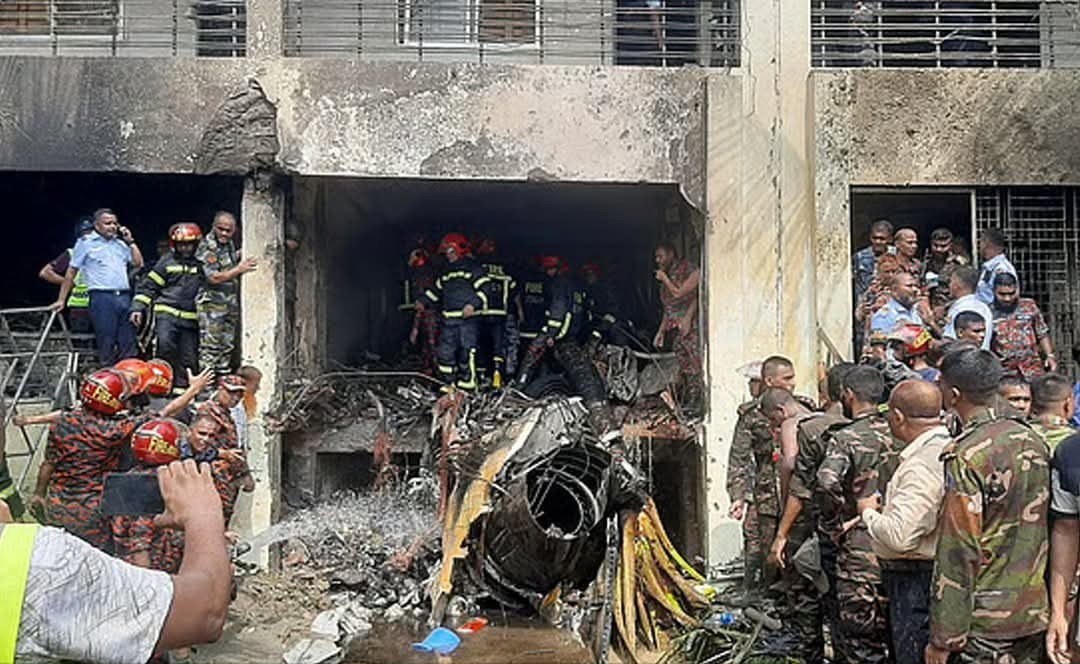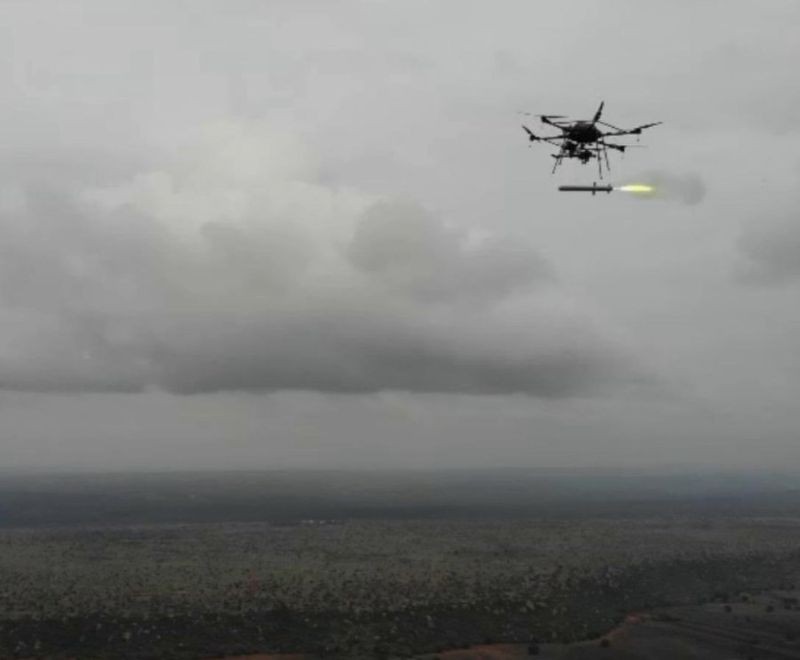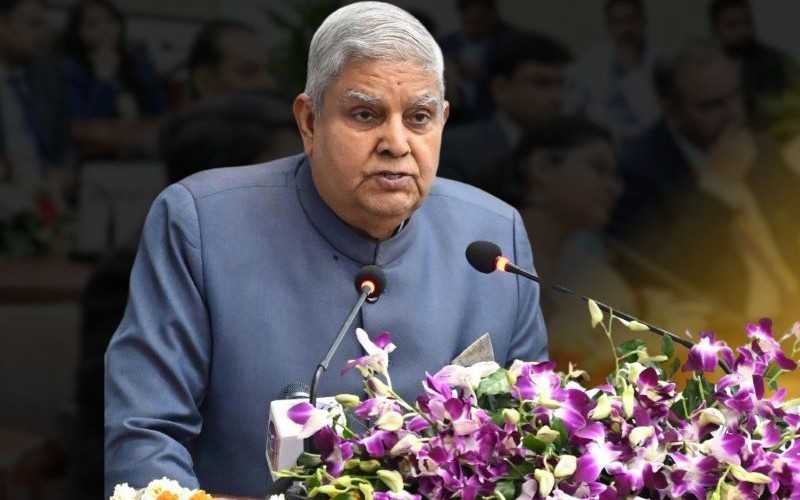What is Kavach, the anti-collision device that could have averted Kanchanjungha train accident?

Kolkata/IBNS: Railway Minister Ashwini Vaishnaw has faced flak over the non-availability of Kavach, the anti-collision device, on the tracks in Darjeeling where a goods train collided with Kanchanjungha Express leading to the death of at least 8 people and injury of around 30 others.
The accident, which led to the derailment of 3 coaches of Kanchanjungha Express Train, occurred on Monday morning.
The Kanchanjungha express train, which was stationed, was travelling from Assam's Silchar to Sealdah in Kolkata when it was rammed by the goods train.
Railway Board Chairman and CEO, Jaya Varma Sinha, has blamed the goods train driver, who has died in the accident, saying, "The first indications suggest that this is a case of signal disregard."
Sinha has admitted the absence of Kavach on the tracks and said the Railway aims to get it installed in West Bengal by the end of this year.
"Kavach needs to be proliferated, planned for West Bengal," she said.
"The Railways plans to deploy the safety system on the Delhi-Guwahati route under its goal to cover over 6,000 km of tracks by next year. Bengal falls within the 3,000 km of tracks set to be protected by Kavach this year. The system will be applied to the Delhi-Howrah route," Sinha told NDTV.
The Railway Ministry was criticised for the lack of Kavach even in June last year when 296 people had died after Coromandel Express collided with a freight train in Odisha's Balasore.
More about Kavach
An automatic train protection system, Kavach aims to help the drivers by reducing the speed of the train if one misses the signal or fails to put brakes on time if two trains come on the same track.
Indigenously developed Automatic Train Protection (ATP) will also help the train safely run during inclement weather.
Kavach was adopted as a National ATP system in July 2020.





